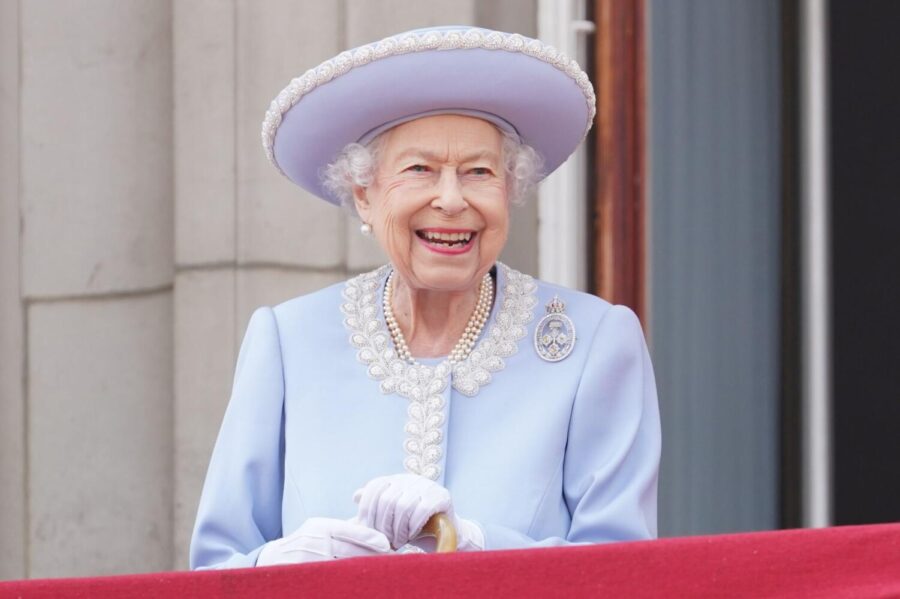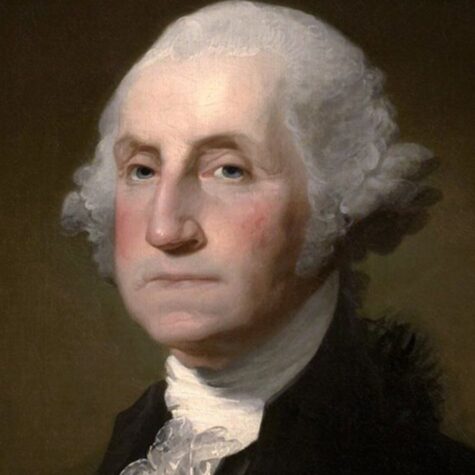Passing of Queen Elizabeth signals change
On the 8th of September, the world received the news that the Queen of England had passed away.
After more than 70 years on the throne, the passing of Queen Elizabeth resulted in the crown being passed down to her oldest son, Charles, now King Charles III.
While King Charles will gain much power along with the titles of head of state and head of the royal family, he may not hold as much power as people think.
The Glorious Revolution of 1688 put an end to England being ruled as an absolute Monarchy, meaning the royal family no longer had complete control of the country.
They are now a constitutional monarchy. A constitutional monarchy is when the king or queen works with the government to help run the country.
The head of the British government is the prime minister, and their areas of power differ from that of the king or queen.
The Prime minister and government have legislative powers similar to the president. Debating current issues is a power that the English government holds, while the queen must be impartial in politics.
The power to declare war, however, lies entirely with the head of the royal family, as does the power to pardon criminals.
For 70 years the queen was also the head of the 54 commonwealth realms, such as Australia, Canada, and New Zealand.
The position as head of the Commonwealth is not hereditary, so King Charles will not automatically gain this title when he is crowned. It will be decided by a group of leaders within the Commonwealth.
The Commonwealth realms are a group of independent countries that have historically been connected to the British Empire. However, that is no longer the case, and any country that wanted to could apply to be a part of the group.
The Commonwealth can be compared to NATO and other groups that have political and military alliances. In addition, the head of the royal family holds the role of head of state for 15 countries around the world, all are a part of the commonwealth.
Several countries within the Commonwealth have the head of the royal family on their money, meaning now that Queen Elizabeth has passed, they will start printing King Charles III onto coins and notes.
In Canada and New Zealand, the change of monarch will be featured on the coins and $20 notes. In Australia, the $5 note will be printed with a portrait of King Charles III starting next year.
As a New Zealand civilian, I have grown up knowing and learning about all the countries in the commonwealth.
While the royal family and death of Queen Elizebeth is something Americans follow like they follow the Kardashians, the commonwealth countries are directly affected and will be dealing with the change of monarch for years to come.
The question many countries including New Zealand are now facing is whether or not to become a republic. Becoming a republic would mean that the head of the royal family would no longer be head of state in our countries.
Although many of these countries say they aren’t considering this option, it’s fair to say they have all thought of it with the passing of the queen as it would be an easy way to cut clean from the British monarchy.
The death of Queen Elizabeth and the crowning of King Charles III will create a ripple effect in countries connected to Great Britain and worldwide.
New waves of change will come along as the king takes the throne and becomes a world leader.
The change of a monarch has always signaled a change, and after the death of such a long-reigning queen, there is no question that times are changing.
Zara Stock is a 17 year old senior. This is the first year writing for the Craig Criterion. She's from New Zealand. She loves the ocean, and loves water...




